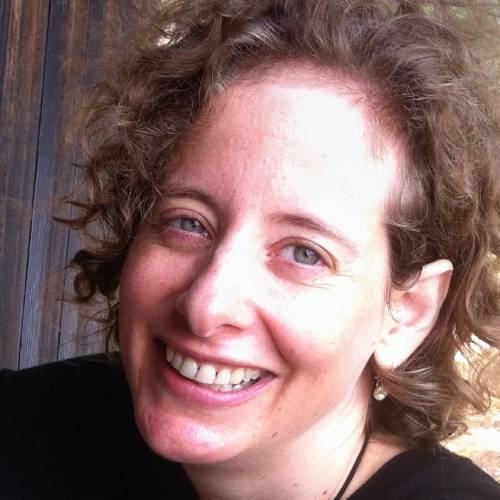As an engineer, Tom Webler knew how materials would respond to certain conditions. As a sociologist, he is dedicated to involving citizens in public policy.
A Conversation with Tom Webler
As an electrical engineer, Tom Webler always knew how materials would respond to certain conditions. When he moved to studying social problems, he found that people are a more complex subject. “They’re not predictable like a transistor or a diode,” he says, laughing.
Dr. Webler, a sociologist, has dedicated his career to finding ways to meaningfully involve citizens in public policy decisions. This year, he is advising NBS on its project on “civic dialogue,” public conversations that build understanding and create social license for action.
Identifying Sustainability Challenges through Civic Engagement
At NBS’s annual meeting in September 2012, the Leadership Council asked: “How can businesses help Canadians become informed, inspired and engaged in a national dialogue on [sustainability]?” (Read the full report on the 10 Sustainability Challenges for Canadian Business in 2013.)
“Canada succeeded in making recycling an accepted norm in the home in the late 1990s,” said Leadership Council member Debbie Baxter of LoyaltyOne. “What are the tools we can use and the leaders we can engage to ignite people’s commitment to cycling, carpooling or responsible consumption?”
Dr. Webler is helping NBS develop resources that will allow businesses to do just that. Through a briefing paper and forum, he will provide guidance on how businesses can engage in large-scale civic dialogues to promote sustainability.
How Civic Dialogue Spurs Action
Civic dialogue builds understanding and enables action. Understanding happens through education and “perspective taking” – understanding others’ beliefs. This understanding provides a basis for action, which can take different forms: multi-stakeholder partnerships, social movements, or public direction to policy.
“These dialogues produce a shared vision that facilitates coordination at a much larger level,” says Webler. For instance, Dutch dialogues about environmental policy goals established regulatory standards for the entire country. Dialogues can also focus on regional and local levels: e.g. the Alberta Climate Dialogue.
Businesses can participate in civic dialogue as members and as facilitators. Private business brings valuable understanding and experience to conversations. Business can also provide the resources needed to run a dialogue. Many organizations have the expertise to run dialogues: e.g. the Canadian Center for Dialogue and Deliberation and the National Issues Forum (U.S.). Business can partner with such organizations to achieve broader impact.
“There’s no other way to really bring sustainability about without changing civil society,” says Webler. “The only way to change it in a democratic society is by changing public understanding. You can only do so much with regulatory processes or voluntary agreements. You need the rest of society to be behind it: to have a collective vision of where we want to go.”
About the Author
Dr. Webler has extensive experience with civic dialogue and public engagement. He is based at the Social and Environmental Research Institute in Massachusetts. His research specializes in bringing local and expert knowledge together in collaborative, democratic ways to produce innovative solutions to problems of environmental management and risk decision-making. He has published extensively and consulted on the US National Research Council committee that wrote the book Understanding Risk: Informing Decisions in a Democratic Society.
Interested in hearing more about civic dialogue? Sign up here to receive updates.



Add a Comment
This site uses User Verification plugin to reduce spam. See how your comment data is processed.This site uses User Verification plugin to reduce spam. See how your comment data is processed.